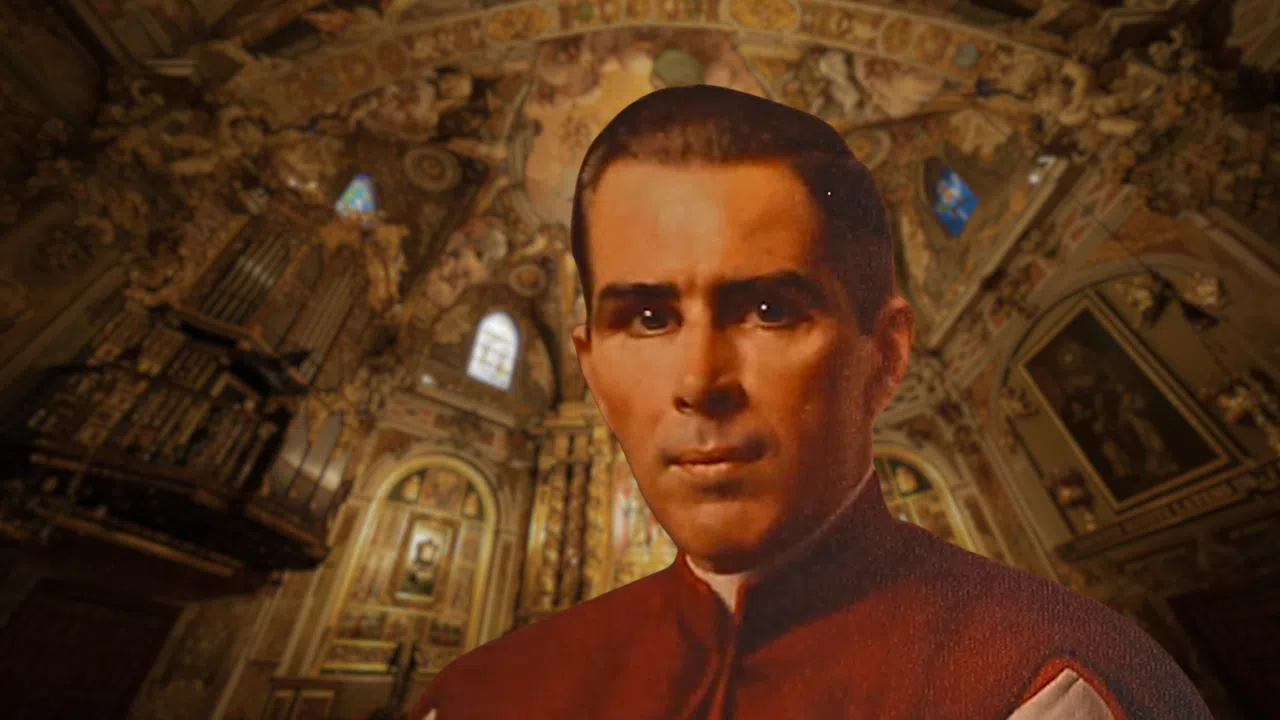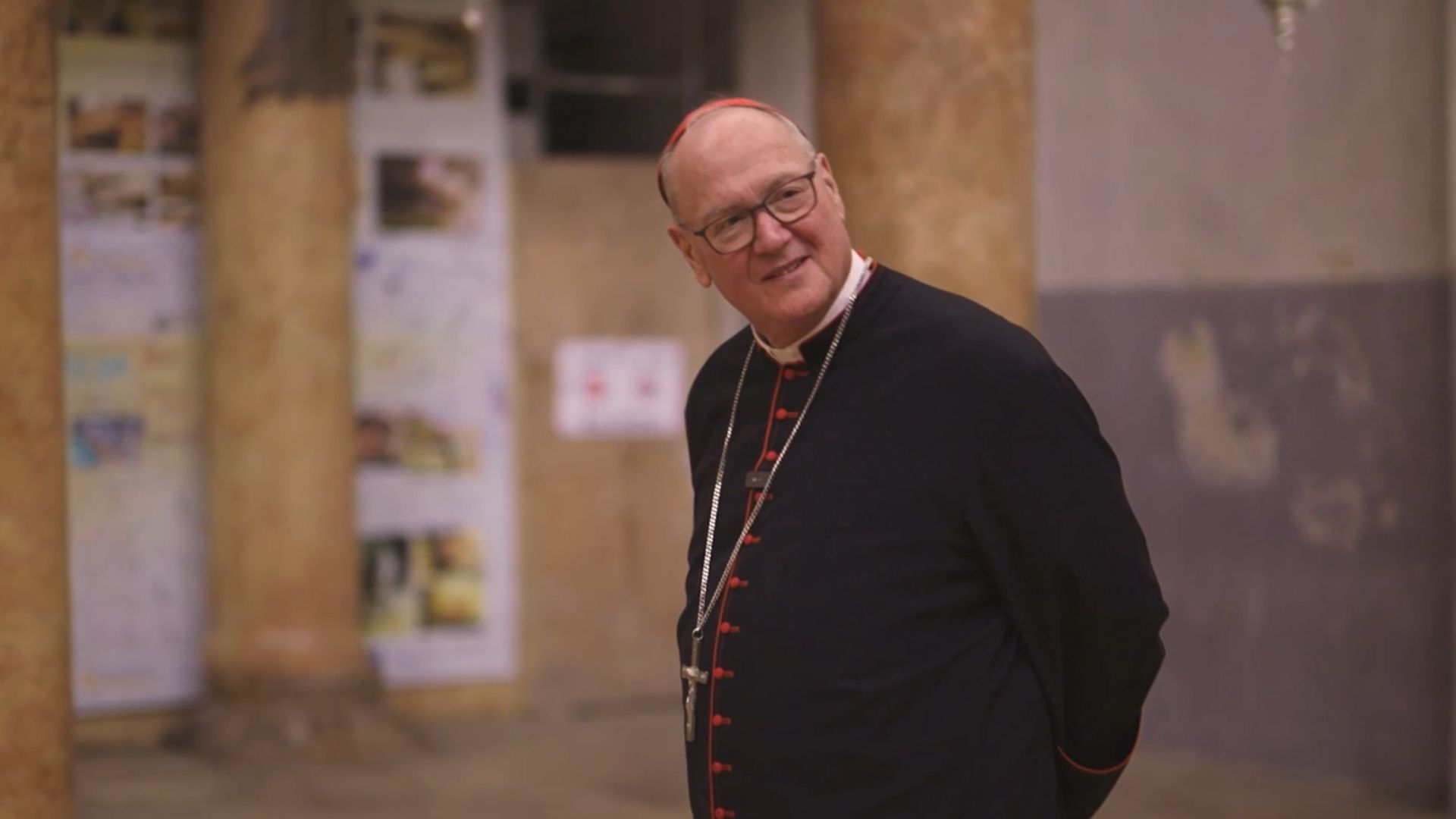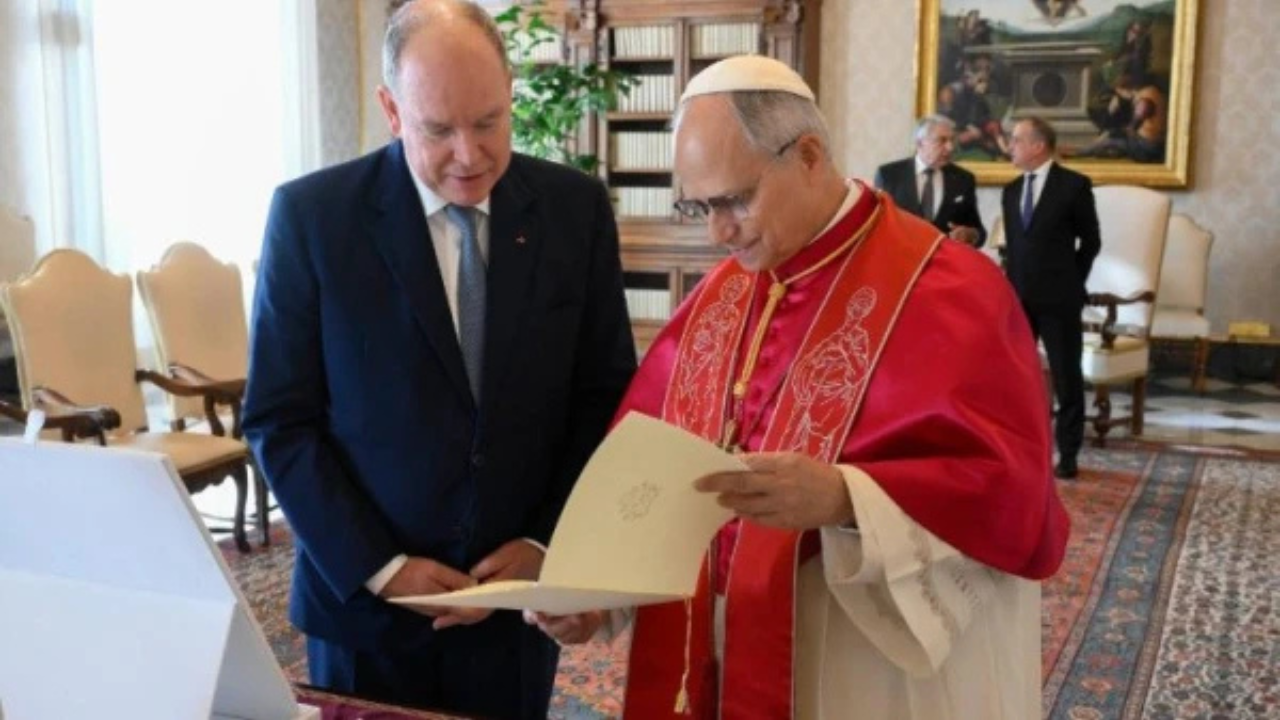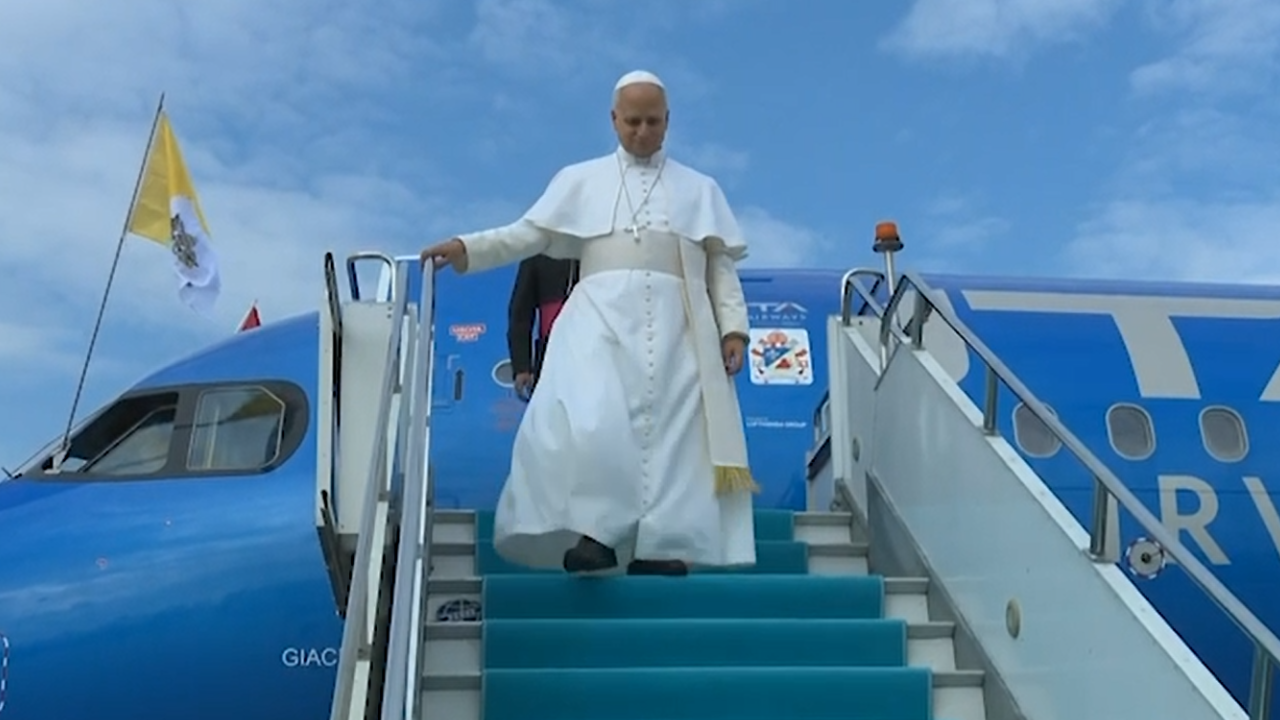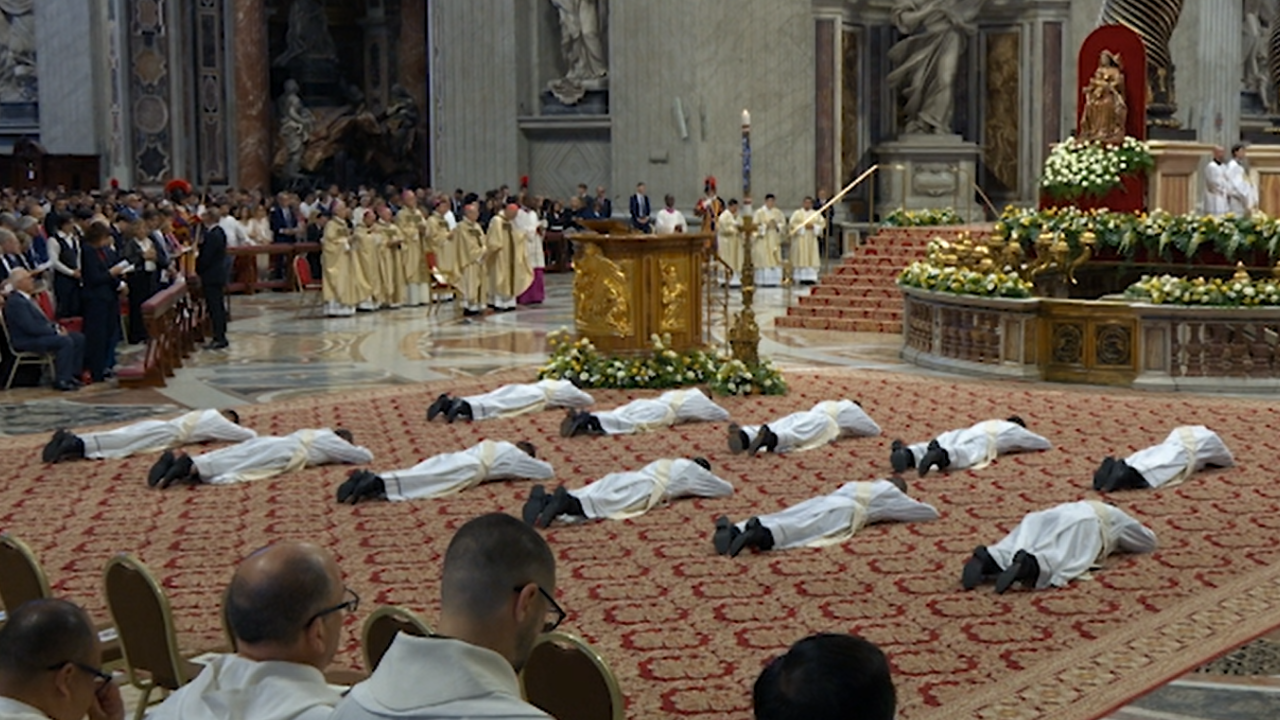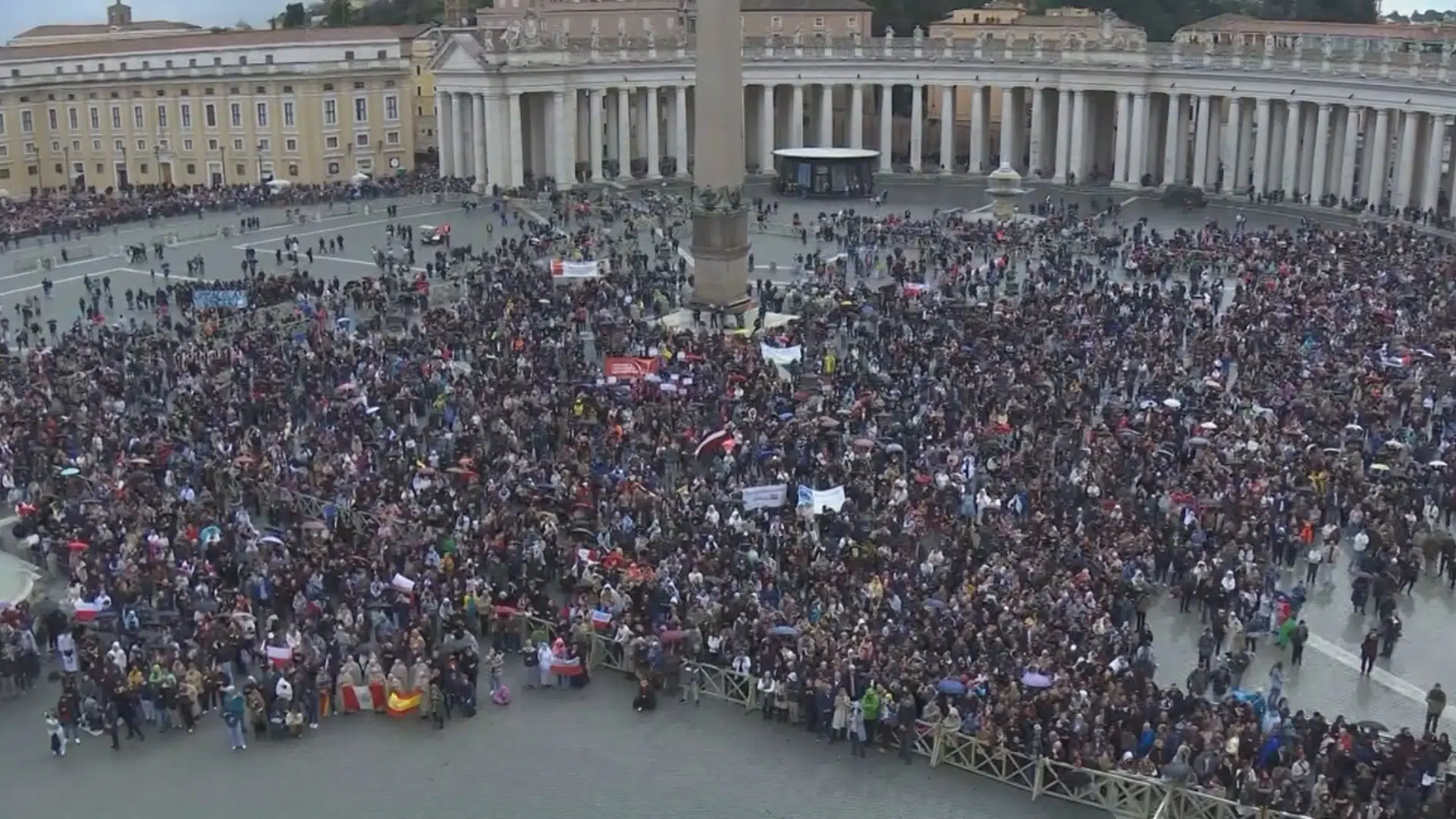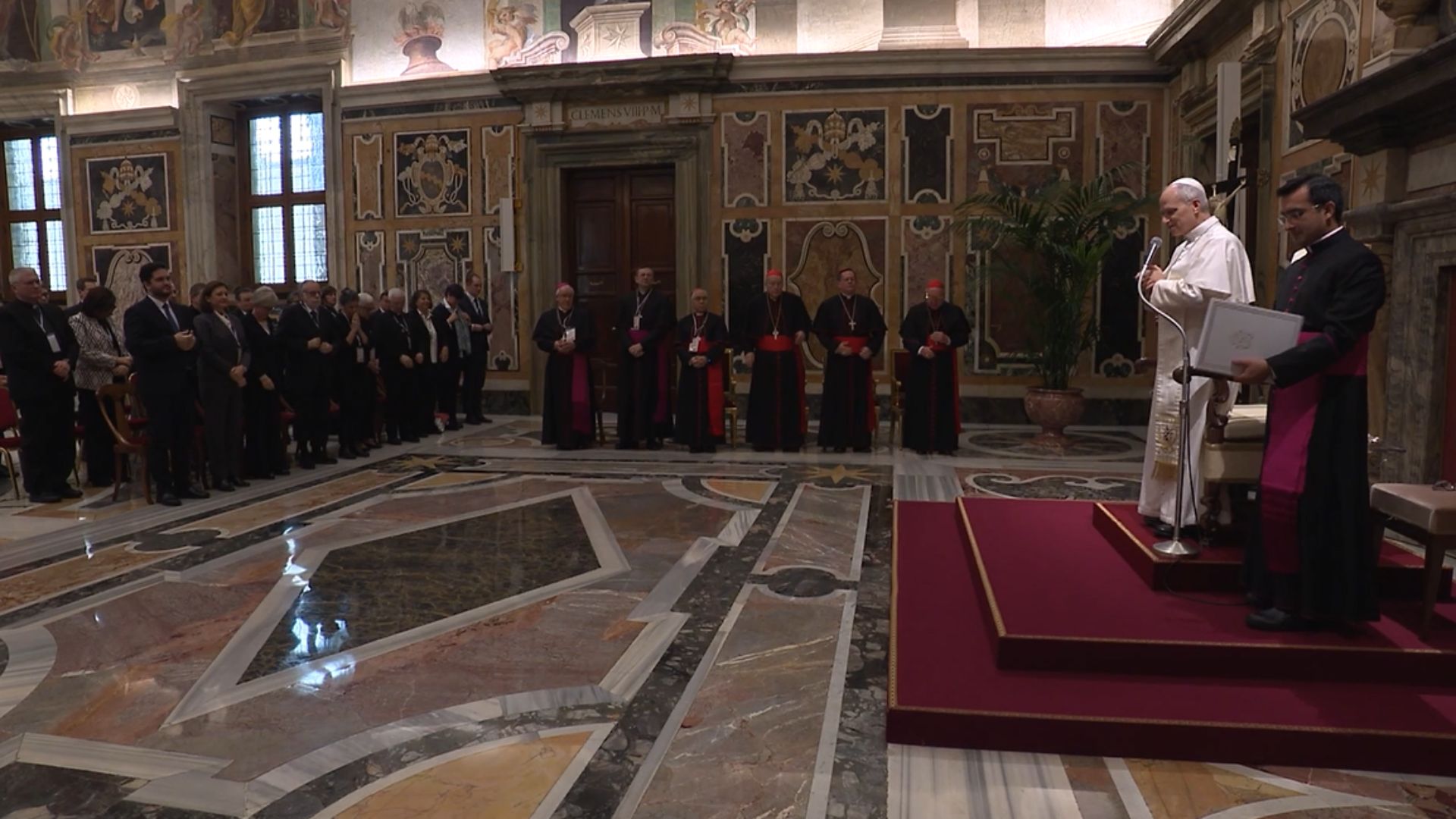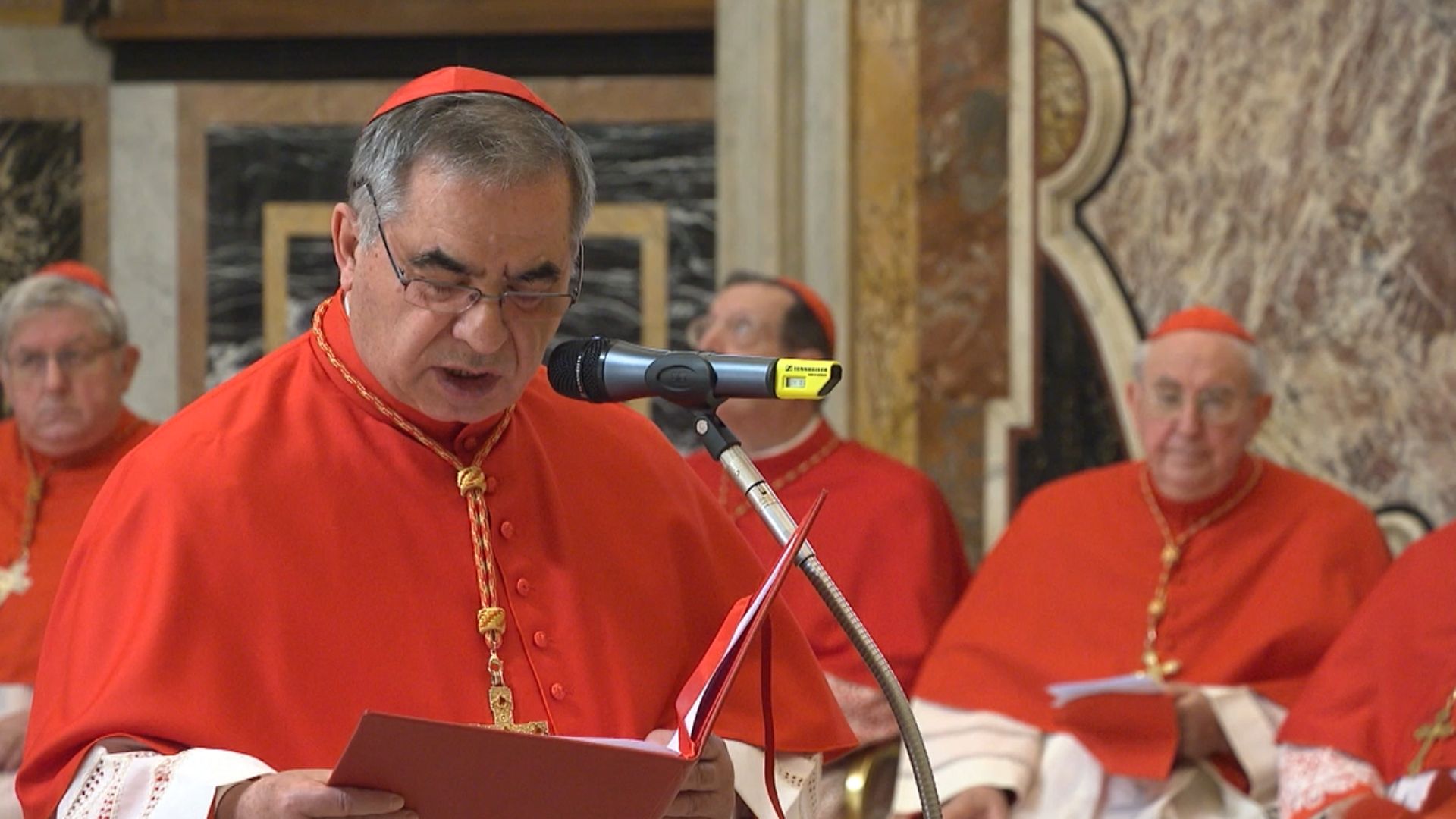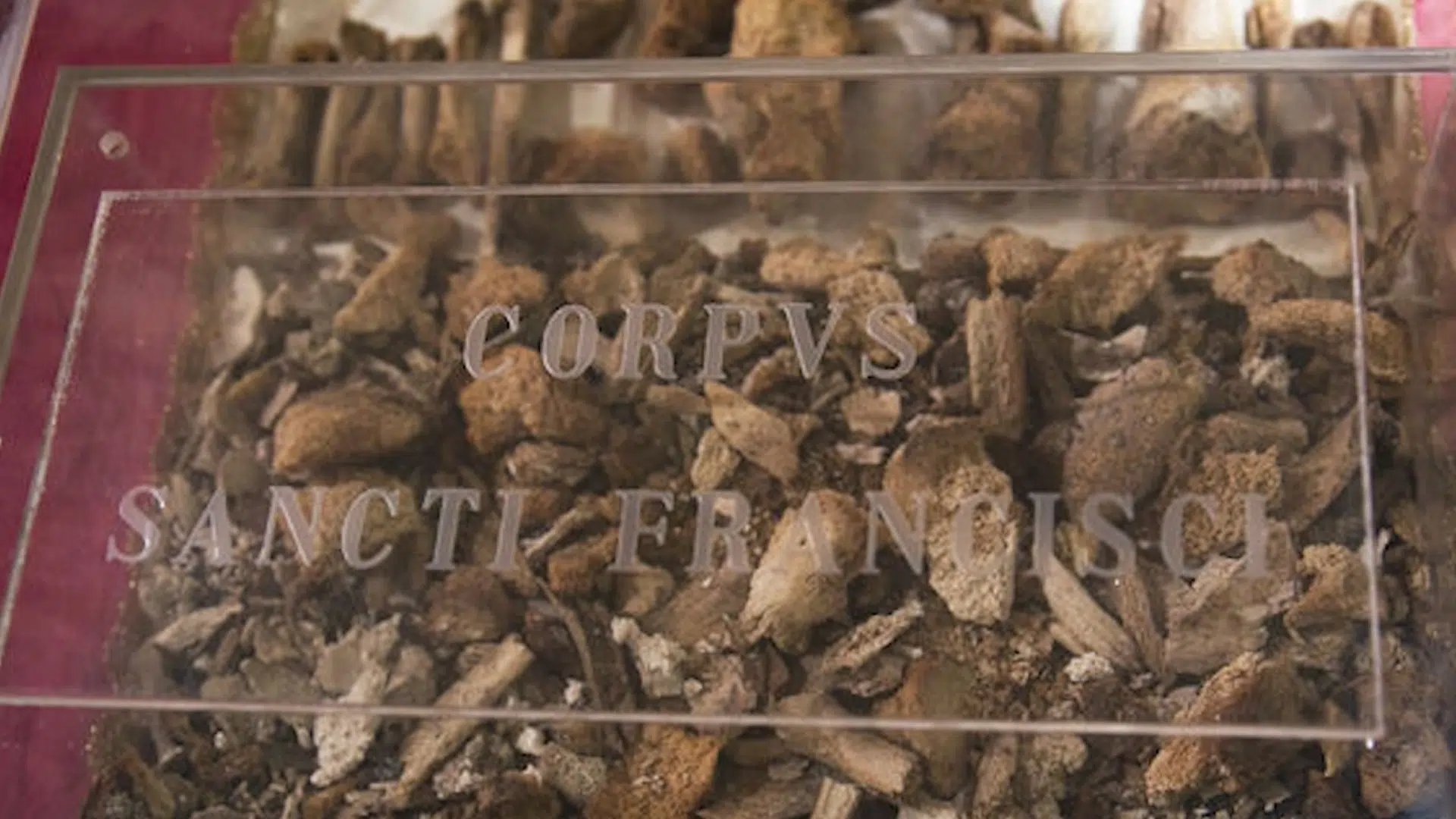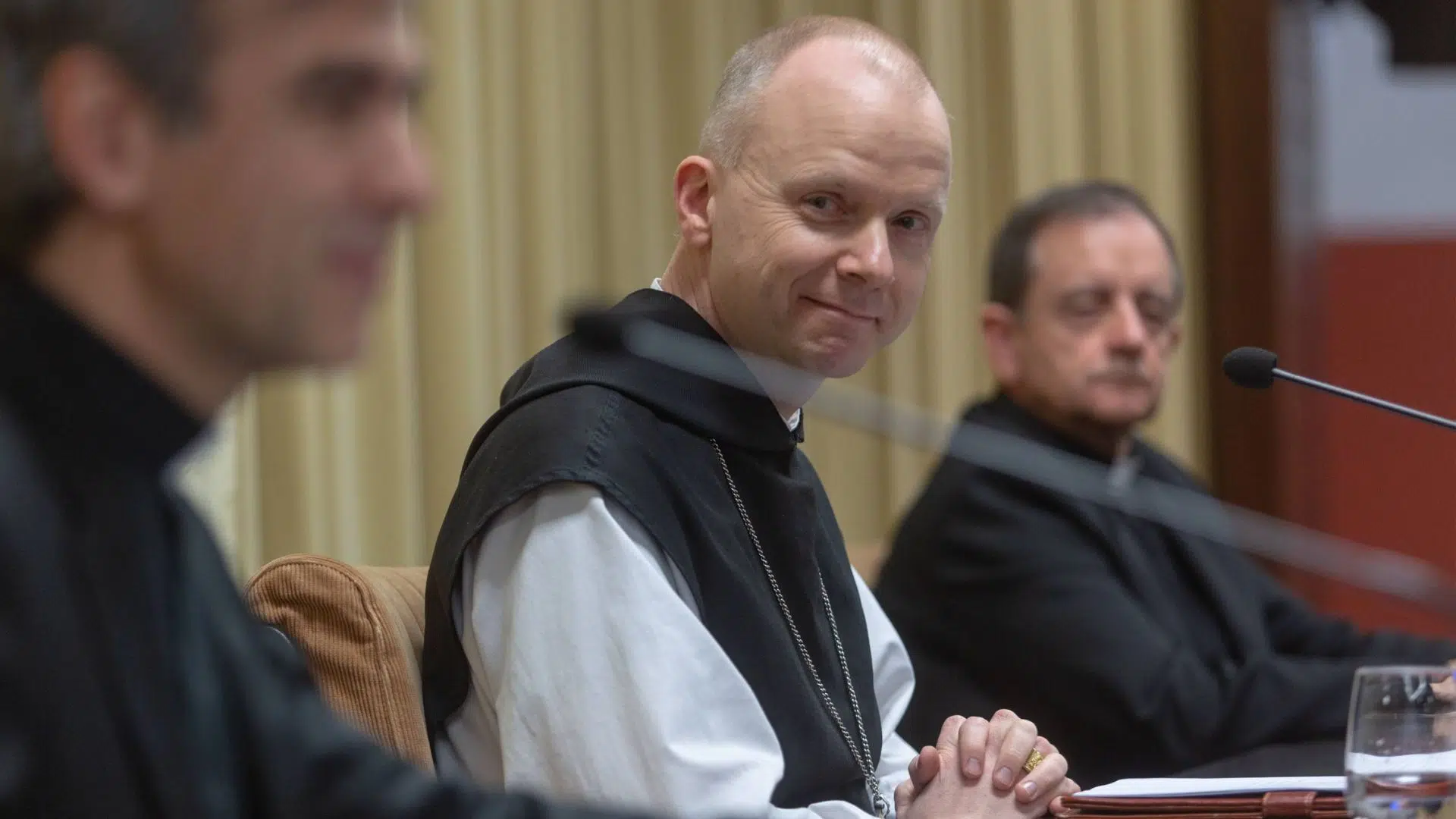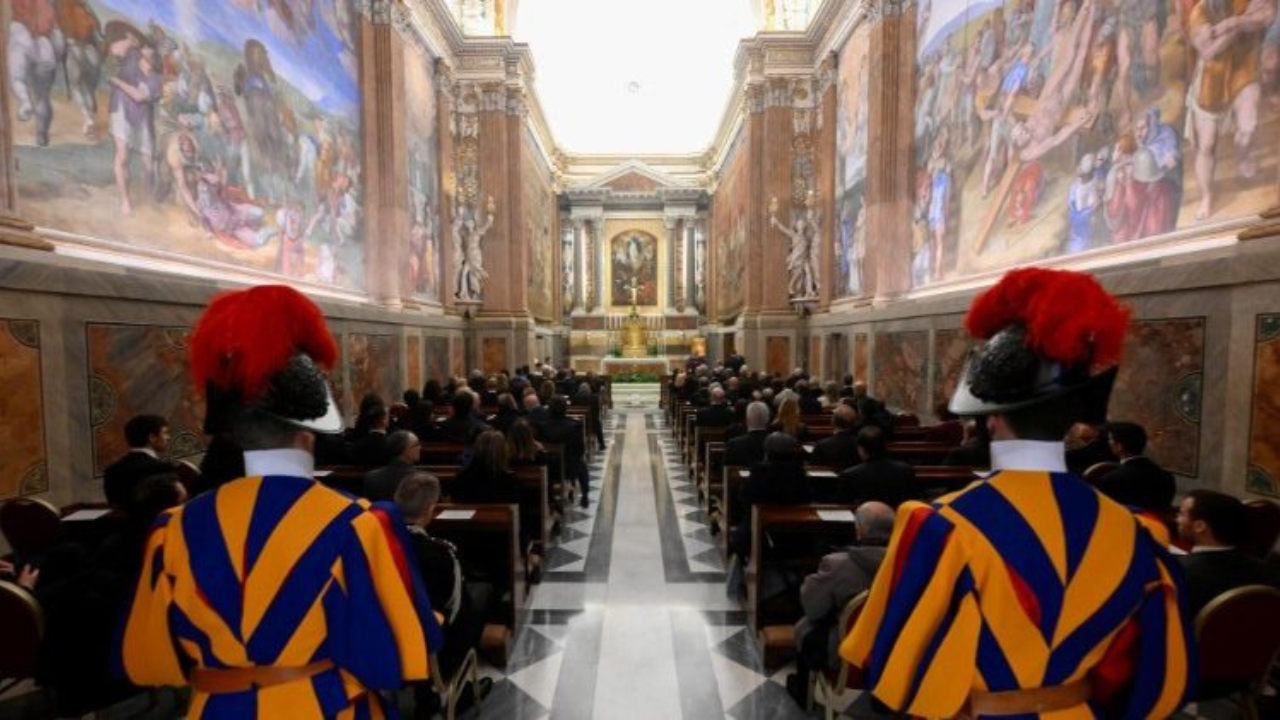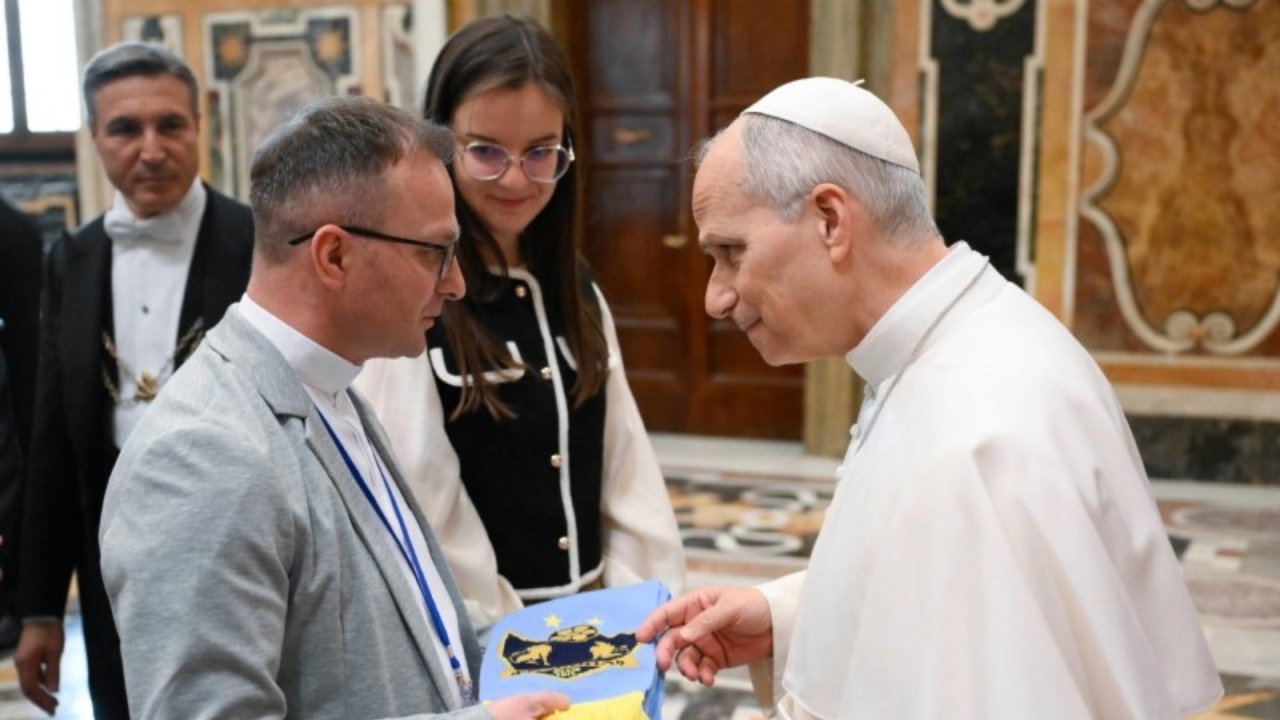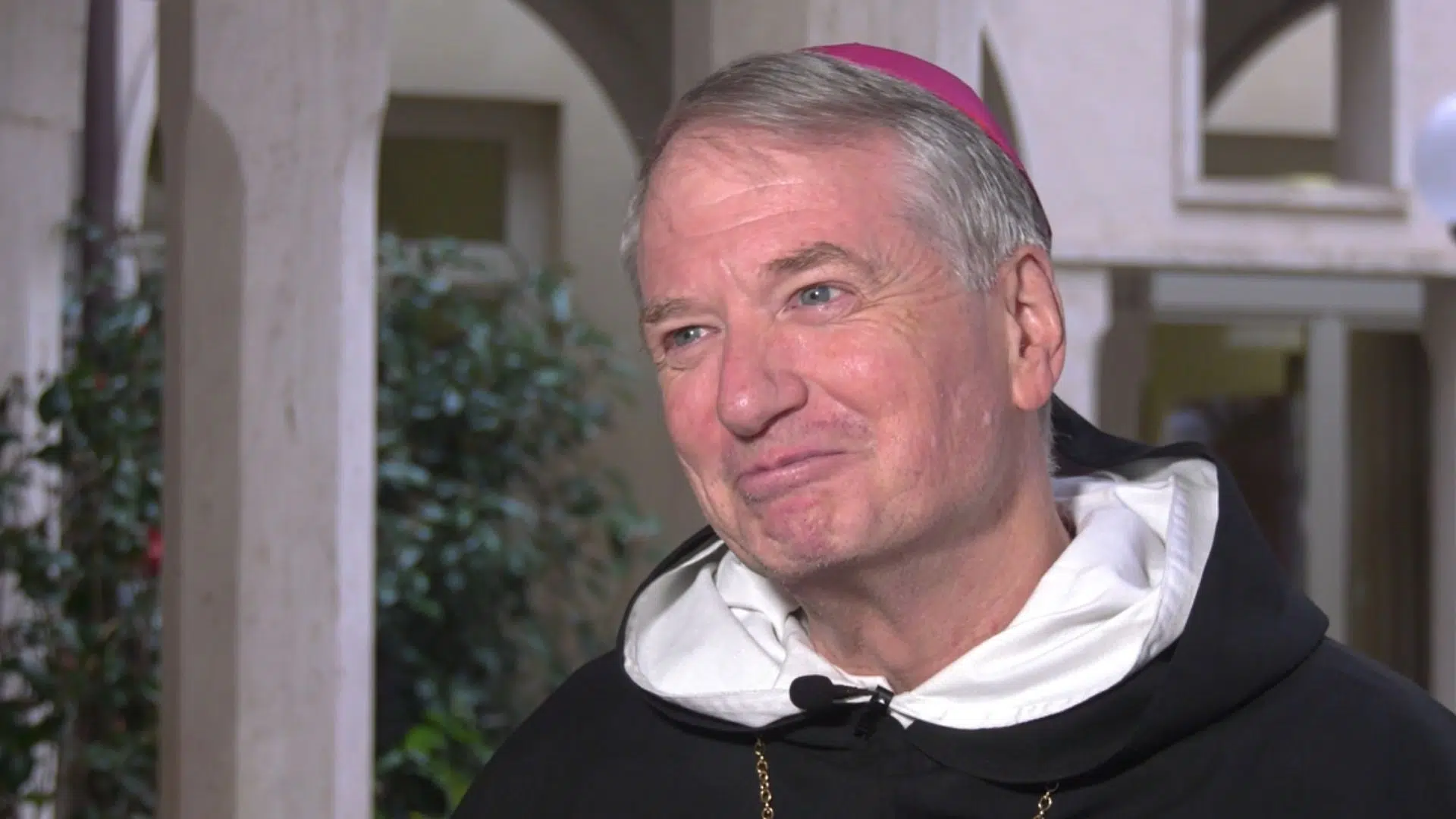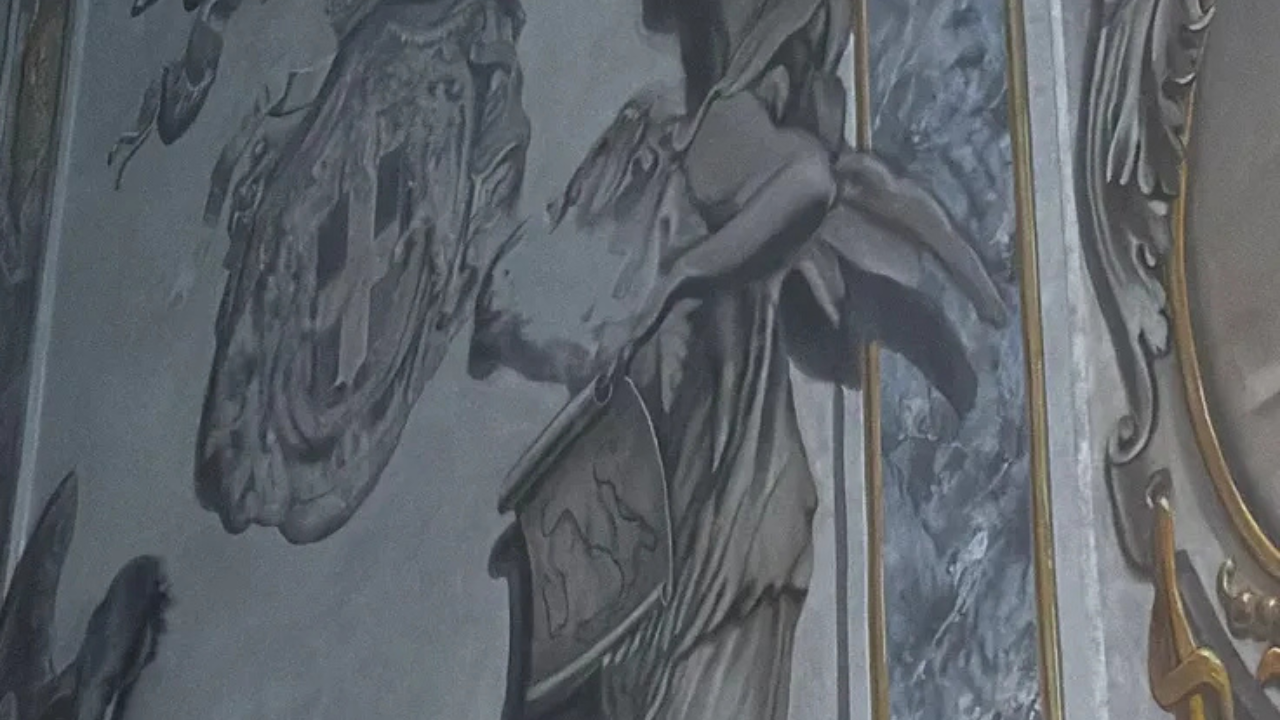Pope Leo XIV offered a catechesis on forgiveness and Christian hope. He based it on one of the most intense scenes in the Gospel—when Jesus tells His disciples that one of them will betray Him.
He explained that the apostles had a curious reaction: they doubted themselves.
POPE LEO XIV
The reaction of the disciples is not anger, but sadness. They’re not outraged; they’re saddened. It’s a pain that comes from the real possibility of being involved, and this very sadness, if welcomed with sincerity, becomes a place of conversion. The Gospel doesn’t teach us to deny evil, but to recognize it as a painful opportunity to be reborn.
He also reflected on Christ's attitude. Christ didn’t announce the betrayal to humiliate anyone. Instead, Pope Leo encouraged reflection on the kind of love Jesus had for His disciples: because in the face of betrayal, He does not react with anger. He accepts it, gives space to the other, and does not withdraw His friendship.
POPE LEO XIV
He speaks the truth because He wants to save. And to be saved, one must feel—feel involved, feel loved despite everything, feel that evil is real but doesn’t have the final word. Only someone who has known the truth of a deep love can also accept the wound of betrayal.
To make this clear, he explained one of the harshest phrases Jesus says:“Woe to that man by whom the Son of Man is betrayed; it would have been better for him not to have been born.”
POPE LEO XIV
They are harsh words, certainly, but we must understand them well. It’s not a curse, but rather a cry of pain. In Greek, that ‘woe’ is a lament, a ‘what a pity,’ an exclamation of sincere and deep compassion. We are used to judging. God, on the other hand, accepts suffering.
This catechesis is part of the series on hope that Pope Francis began for the Jubilee. The theme for this occasion was titled: “Betrayal.”
JRB
Trans. CRT
